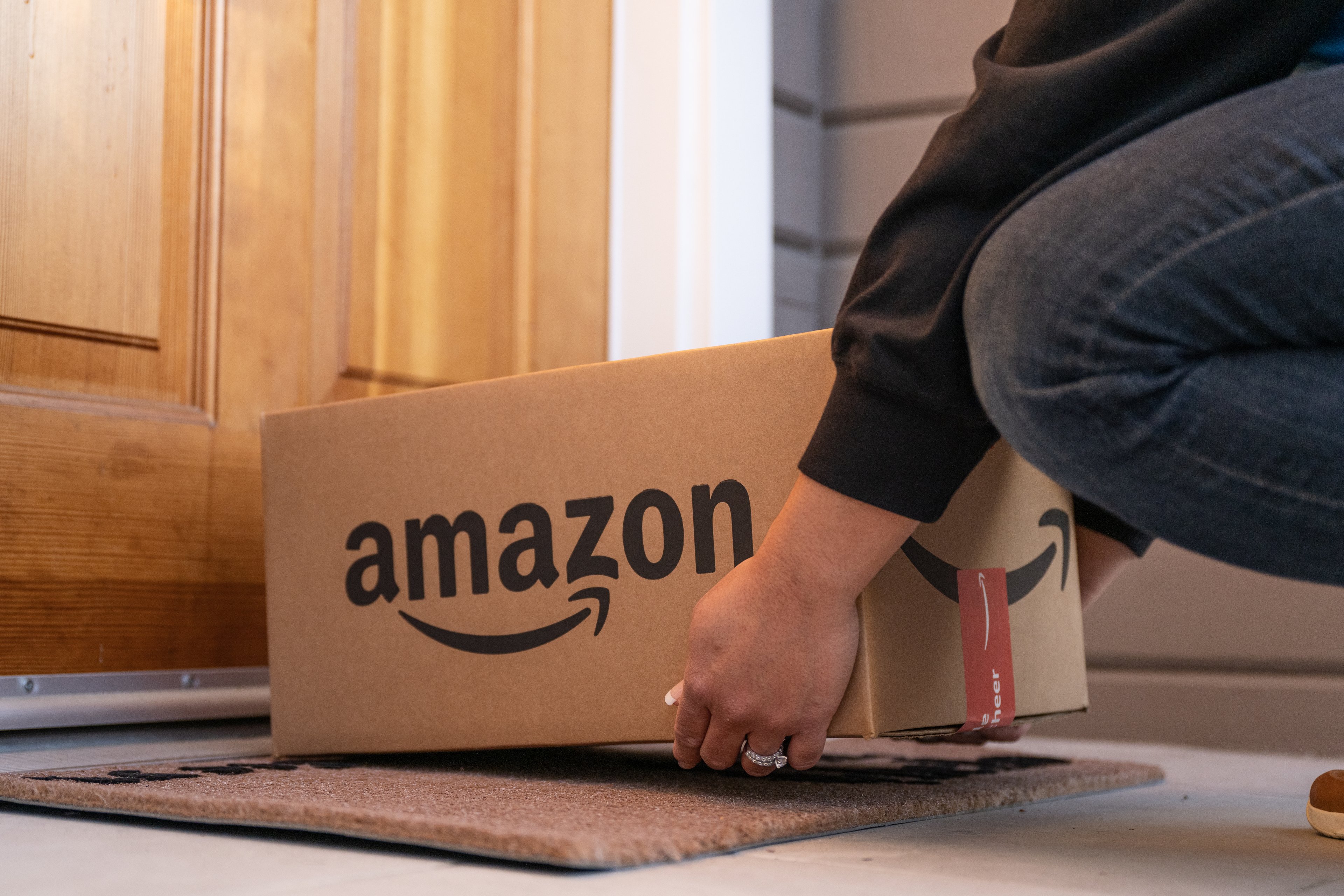Marketers are facing a serious challenge as consumer behavior has changed practically overnight, and people practice social distancing and spend more time at home. Some products are downright impossible to sell right now due to supply or demand constraints.
Digital advertising giants like Twitter (TWTR +0.00%) and Facebook (FB +9.98%) have noted the negative impact the environment has had on their businesses. Twitter withdrew its original first quarter guidance, warning revenue could decline year-over-year, and Facebook said it saw a weakening in its ads business in late March.
While all ad-supported businesses will suffer, a couple of digital ad giants are poised to withstand the pressure better than others: Amazon (AMZN 1.54%) and Google, the Alphabet (GOOG +0.04%) (GOOGL +0.12%) subsidiary.

Image source: Getty Images
The least hard hit advertising media
Digital advertising is getting hit harder than traditional media in the near term, as it's much easier for marketers to ramp down spending on digital platforms. It just takes a few clicks.
But display advertising and social media were hit harder than search advertising. A recent survey from Advertiser Perceptions published by eMarketer saw nearly twice as many marketing professionals say they're pulling back spending on display advertising versus search advertising.
In fact, search advertising is seeing the smallest percentage of advertisers pulling back their campaigns compared to social media, digital video, and linear television -- and by a wide margin. Moreover, as many marketers said they're actually retaining or increasing their search ad spending as said they're pulling back. And more marketers are increasing their search ad spending versus any other media format.
Amazon's ad business will see huge market share gains
The bulk of Amazon's ad sales come from search advertising. While it has display and video ad businesses, most ad sales revolve around its highly popular online marketplace and the search terms customers type in at the top of its webpage. Product searches are highly valuable, and Amazon is taking an increasing share of product searches from Google and other search engines.
With many stores closing their doors amid social-distancing efforts, more shopping has moved online. Amazon is a prime beneficiary of that behavior change, as it's a dominant force in e-commerce. Not only will Amazon benefit from increased merchandise sales, but it should see strong ad sales as marketers aim to position products higher up in search results.
Indeed, Amazon may account for a big portion of the 24% of marketers who said they're retaining or increasing their search ad spending. The company should see significant share gains, and its $11 billion advertising business should see a much smaller impact on sales compared to social media companies and companies more reliant on digital video.
Google can help marketers reach very specific consumers
Google's ad business is much more diversified than Amazon's. It's highly exposed to the travel industry, which has been hurt exceptionally hard by coronavirus. Additionally, YouTube represents a significant portion of its advertising business, and digital video advertising has been hit much harder than search.
That said, Google represents a unique platform for marketers to reach a broad audience, but still use real-time targeting based on what consumers are searching for. That's especially valuable right now as marketers focus on the most efficient channels for their marketing spend.
Facebook and Twitter represent more brand-advertising opportunities than Google. And that's certainly what some marketers need as actual sales may be restricted. Brand advertisements may be the best use of marketing budgets for some companies right now. But existing contracts for brand advertising on traditional media combined with a need to pull back overall marketing spend, puts Facebook, Twitter, and other social media companies in the non-essential ad spend pile. Meanwhile, Google offers advertisers an opportunity to capture consumers' attention when they're closer to making a purchasing decision.
Advertising is the lifeblood of Google's business. The ability for the company to keep advertisers on its platform amid the spread of coronavirus could enable the stock to outperform the overall market. Meanwhile, advertising at Amazon is just a small part of its business, but industry share gains could produce an outsized impact on its bottom line.









